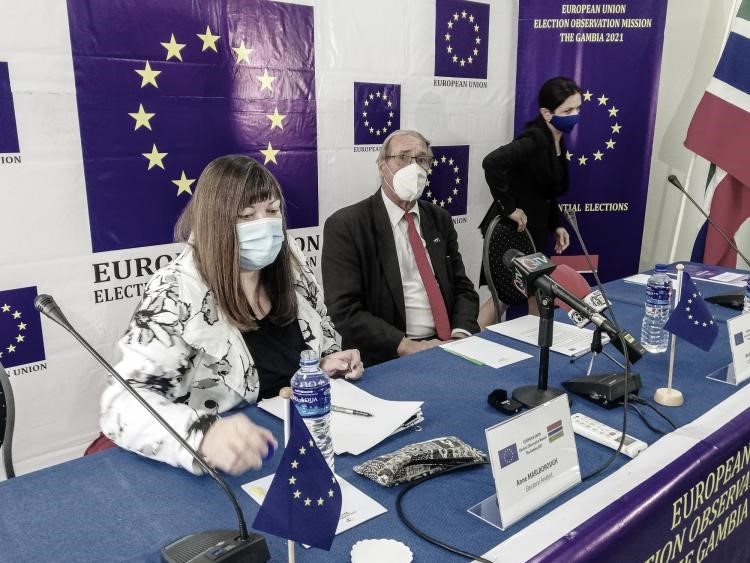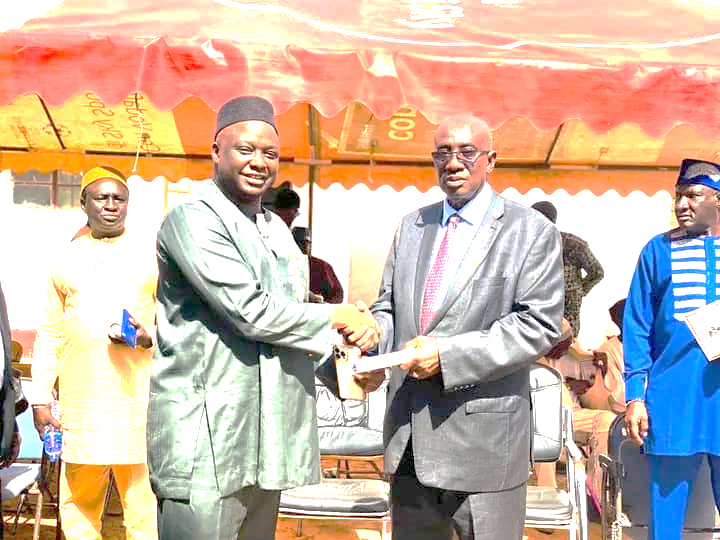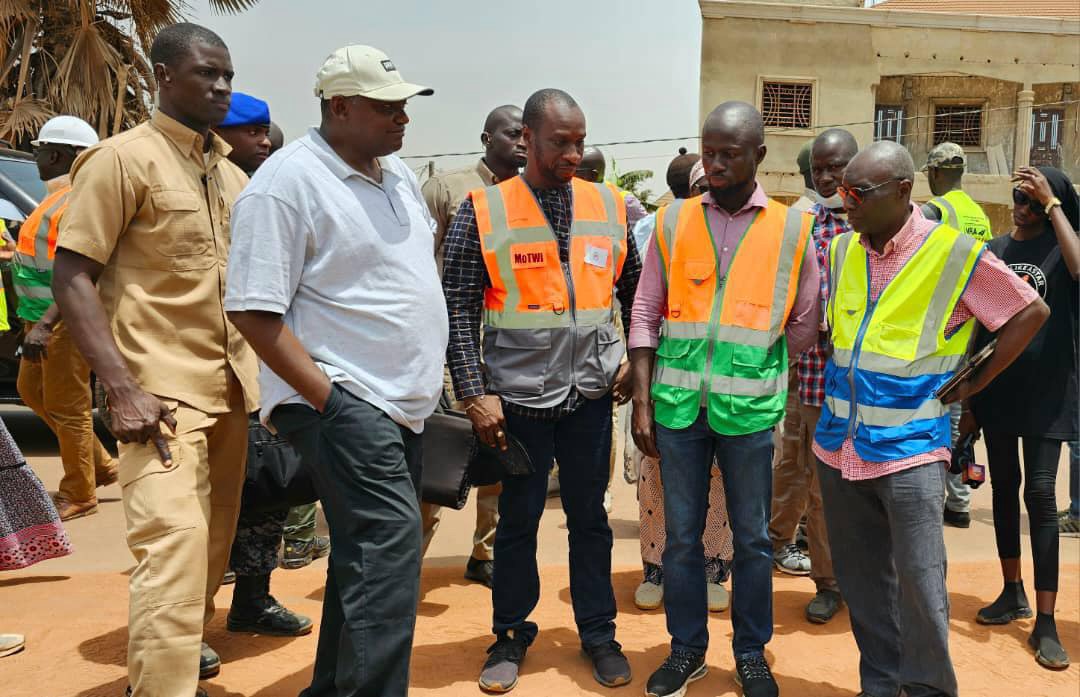By Mustapha Jarju
European Union’s election observer mission has underscored that women participation in Gambian politics is still a major problem despite legislative efforts, adding the country’s women remain underrepresented in political life.
It is said that affirmative action is needed to enhance their participation, says the European Union Election Observation Mission to the Gambia.
The union’s report indicated that, Gambian women represents over half of the country`s population and almost fifty-seven per cent (57%) of the electorates. Only five (5) of the fifty-eight (58) members of the National Assembly are women, and three (3) of these women in parliament are appointed directly by the president.
“On the cabinet level of twenty-three (23) Ministers only four (4) are women. None of the IEC members are woman and all eighteen (18) political registered political parties are led by men. “Despite legislative efforts supporting the participation of women in Gambian politics, political parties remain overwhelmingly male dominated and have yet to address gender inequality by affirming action gender policies within their parties.”
“The report entails that, amongst the twenty-six (26) presidential aspirants for the December 2021 elections, only one (1) was a woman and all six (6) nominated presidential candidates were men. Although civil society organizations call out for strengthening women`s rights, and reserved seat for women in the National Assembly were some of the things foreseen in the draft constitution, no affirmative action have yet been adopted,” it said.
The report added that the gap between the participation of men and women in political life can be attributed to traditional, patriarchal, culture, and socio-economic barriers, among others.
EUEOM said the Gambia has ratified the protocol to the African Charter on Human and People`s Right of women in Africa that guarantees comprehensive rights to women, including taking part in political processes.
“It has also ratified the United Nations Convention on the Elimination of All Form of Discrimination against Women (CEDAW).”
The 1997 constitution of the Gambia provides for gender equality through full participation of women in the spheres of society based on equal opportunities and non-discrimination. Addition to the rights guaranteed under the constitution, women`s rights are further protected under the Women`s Act 2010, to incorporate provision of the CEDAW into national Law, which provides for adoption of temporary special measures to accelerate meaningful gender equality.




